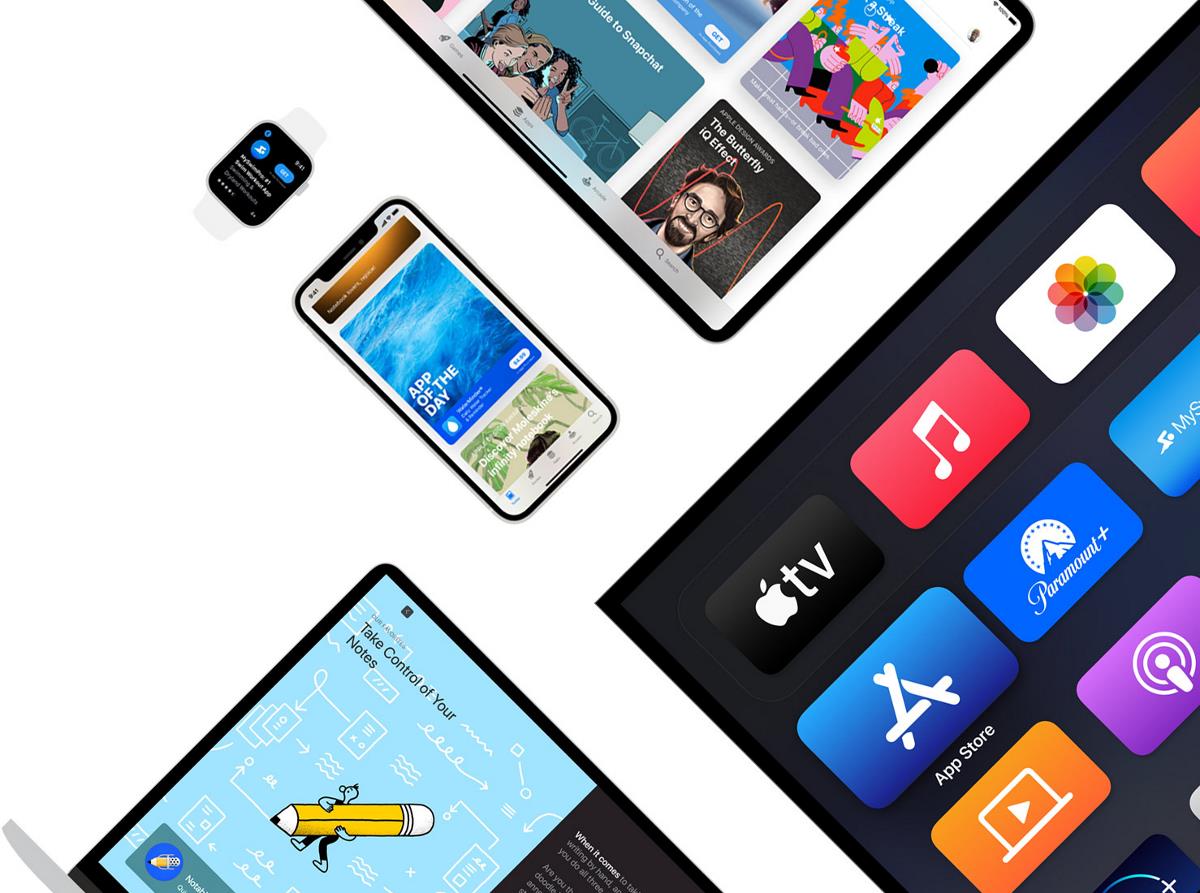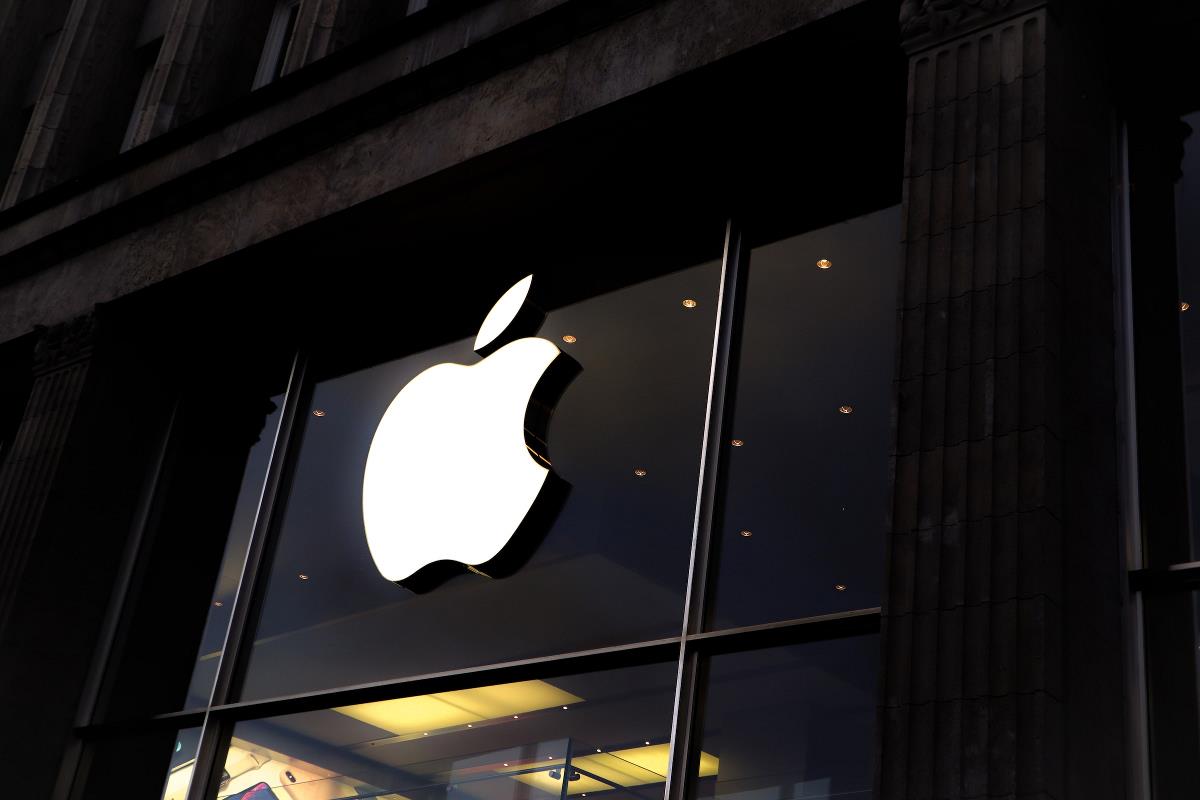Apple has told the European Union that it does not operate a single App Store, but 5 of them. This bizarre argument comes a few months ahead of when the company has to comply with EU’s Digital Markets Law.
Apple claims it operates 5 App stores
The Digital Markets Act (DMA) was passed in May 2022, to allow antitrust regulators to designate large tech companies as gatekeepers. These gatekeepers have to follow some strict rules, to ensure fair competition among rival products.
Apple’s macOS was not designated a gatekeeper, because it allows apps from third-party sources, and also because it has fewer users than Microsoft Windows. However, the iOS App Store was deemed as a gatekeeper, as it boasts a large user base. As you may know, Apple earns a hefty 30% commission fee for all transactions that go through its payment system. The company has prevented access to third-party payment methods, which is also viewed as an anticompetitive practice. Additionally, developers are required to pay Apple an annual fee to host their apps on the App Store.
Apple will need to allow iOS users in Countries of the European Union to install apps from third-party sources, aka side load apps. Once the DMA law comes into effect in March, the company will need to open up the iOS ecosystem, which could result in huge losses for the company, as it will miss out on revenue from in-app transactions and developer fees. Apple challenged the Digital Markets Act in November, but information about the appeal has thus far been sparse.
Now it turns out Apple is making a last ditch effort to somehow save the App Store, and the revenue it brings. Reuters reports that In a plea to the Luxembourg-based General Court, Europe’s second-highest, Apple has argued that the European Commission made “material factual errors, in concluding that the applicant’s five App Stores are a single core platform service”.

Apple says that the antitrust regulator should take note of the fact that it operates five different app stores, one designed for each of its devices: iPhones, iPads, Macs, Apple Watches and Apple TVs. In other words, it claims that the App Store for iOS, iPadOS, macOS, Apple Watch and Apple TV, are all separate. Technically, this could soon become 6, if you count the upcoming visionOS App Store.
A flawed argument or a desperate plea?
Is this argument logical? Firefox supports Linux, macOS and Windows. Can we call those three different browsers, or do they fall under one brand? Believe it or not, Apple tried to convince the EU that Safari for iOS, iPadOS and macOS are three different browsers, but the argument was rejected last year, and Safari was designated as a Gatekeeper.
Let’s take a look at other app stores. The Google Play Store is available for Android phones, tablets, and TVs. You can download an app once on a supported device, and it is available across all of your devices. They are under the same banner, right?
The Steam client is available for Windows, macOS and Linux. Does that mean Valve has three app stores, one for each OS? No, it is platform-agnostic, meaning the clients are meant to run across devices, but they provide access to a single entity. It is up to developers to choose which operating system they want to release their game for. Many modern games on the platform support all three operating systems. So you can buy a game once, and play it on three different machines.
Now, let’s take a look at Apple’s “App Stores”. You can download an app on your iPhone, and it automatically gets associated with your account, allowing you to download the same app on your iPad.
All the so-called 5 App Stores are accessible from the same domain, apps.apple.com, i.e. they are not hosted separately, the frontend differs between devices as does the content available for the said device. I would also like to point out that Macs with an Apple Silicon processor can download iOS Apps from the App Store. It doesn’t take you to an iOS-specific App Store to get the apps from, they can be accessed through the App Store that is bundled in macOS.
Does a developer have to sign up 5 times, accepting a different agreement each time? Or, do they have to sign in to 5 app stores to upload their apps? No, as a developer you access a single store, and just set a restriction as to which device can access the app. For instance, if your app is optimized for iPhones, it is exclusive to the mobile devices. Or, if your app is optimized for multiple operating systems, you can set it to support each of those, and the respective version will be available for a user’s device when they browse the store. The same can be said about user accounts, you don’t sign up for a profile on each device or OS, it is universal.
Apple’s argument is likely about how the App Store that is presented to the user on a specific device. The App Store is not merely scaled to fit the device’s screen, it only displays the apps that are compatible with the current device and the operating system that it runs on. For example, if you are using an iPhone, it lets you browse apps for iOS, you won’t see iPad or Mac apps on the store. But this is just a matter of filtering the apps based on device compatibility, it does not qualify as five app stores. The company recently revealed that there are 123 million active App Store users in Europe.
Apple says iMessage is a not a fee-based service
The European Commission is investigating whether Apple’s messaging service, iMessage, should comply with the DMA. However, the Cupertino company’s lawsuit is in disagreement with the Commission’s designation of iMessage as a number-independent interpersonal communications service (NIICS).
Users in Europe prefer using third-party messengers like WhatsApp, so iMessage usage may not be as high as it is in the U.S. Apple says that iMessage is not a fee-based service, as in it does not generate profits. That is debatable, many users, especially in the U.S., buy iPhones because they want access to iMessage and FaceTime. You can’t access iMessage on your Android, right? So, you need to get an iPhone. This can be seen as a factor that drives iPhone sales. In case you missed it, Apple is prepping support for RCS in iOS this year, likely to be avoided being designated as a gatekeeper.
Apple’s argument that it operates 5 App Stores seems like a desperate attempt to use a loophole and sneak its way out of the situation.
Summary

Article Name
Apple tells the EU that it operates 5 App Stores, not just one
Description
Apple has told the European Union that it runs 5 App Stores.
Author
Ashwin
Publisher
Ghacks Technology News
Logo

Advertisement

